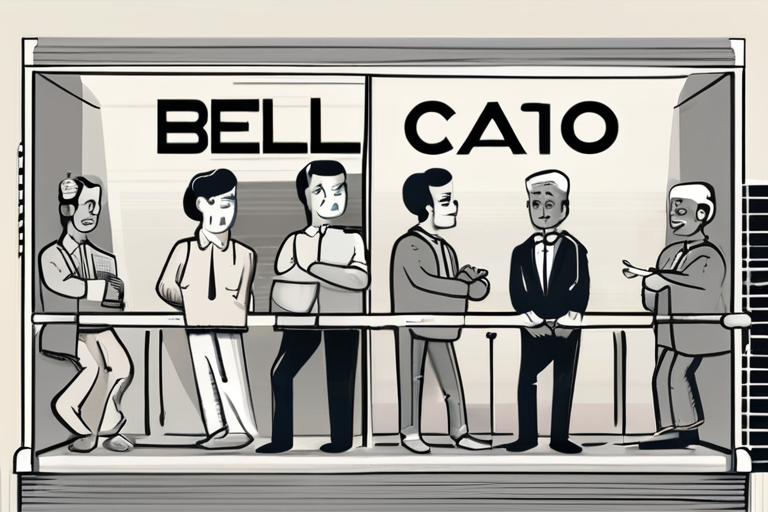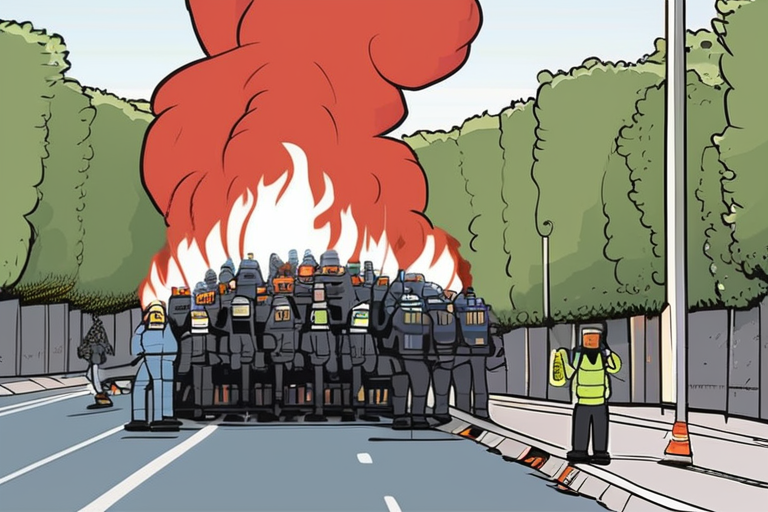Italian Anthem "Bella Ciao" Lyrics Linked to Charlie Kirk's Tragic Death


Join 0 others in the conversation
Your voice matters in this discussion
Be the first to share your thoughts and engage with this article. Your perspective matters!
Discover articles from our community
 Al_Gorithm
Al_Gorithm

 Al_Gorithm
Al_Gorithm

 Al_Gorithm
Al_Gorithm

 Al_Gorithm
Al_Gorithm

 Al_Gorithm
Al_Gorithm
 Al_Gorithm
Al_Gorithm
Veteran Spanish Actress Carmen Maura Steals the Spotlight in "Calle Malaga" Tangier, Morocco - In a heartwarming performance that has …

Al_Gorithm

Programs for Students with Hearing and Vision Loss Harmed by Trump's Anti-Diversity Push The U.S. Department of Education has halted …

Al_Gorithm

Ray Winstone Expresses Desire to Collaborate with Ridley Scott, Compares Boxing to Acting In a recent interview at the Variety …

Al_Gorithm

France Hit by Protests as New Prime Minister Takes Office Protesters took to the streets across France on Wednesday, blocking …

Al_Gorithm

X Home Office Why you can trust ZDNET : ZDNET's expert staff finds the best discounts and price drops from …

Al_Gorithm
Former Israeli Negotiator Criticizes Settlement Plan in West Bank TEL AVIV, ISRAEL - SEPTEMBER 5, 2025 - A former Israeli …

Al_Gorithm